Lithium-ion iron phosphate battery pack and lead-acid battery performance comparison two, has been a popular topic of public concern.
So, which is stronger the lithium-ion iron phosphate battery pack and the lead-acid battery performance comparison? In this article, we'll take a good analysis.
What is the difference between lifepo4 battery packs and lead-acid batteries?
In the same volume, the energy density of lithium-iron phosphate batteries is 3 to 4 times that of lead-acid batteries, 2.5 times that of nickel-cadmium batteries, and 1.8 times that of nickel-hydrogen batteries, so in the case of equal battery capacity, lithium-ion batteries will be smaller and lighter than lead-acid, nickel-cadmium and nickel-hydrogen batteries.
1, Service life:
the cycle life of lead-acid batteries is about 300 times.
Lithium iron phosphate battery pack, 1C charge, and discharge at room temperature, the capacity of the monomer is still greater than 80% after 2000 cycles, 3C cycle life of 800 times or more.
Lead-acid batteries require high ambient temperature, with a service life of no more than 5 years in the harsh ambient temperature. And lithium iron phosphate batteries in the same conditions live longer.
2, Safety performance:
lead-acid batteries, lead-acid batteries in a strong collision will produce an explosion, posing a threat to the safety of consumers' lives.
Lithium iron phosphate battery pack: lithium iron phosphate battery completely solves the problem of lithium cobalt-ate and lithium manganate safety hazards, lithium cobaltate and lithium manganate in a strong collision will produce an explosion, while lithium iron phosphate has rigorous safety testing, even in a violent collision will not produce an explosion.
3, Temperature range:
lead-acid batteries can be used in the -20 ℃ -50 ℃ temperature range, with low self-discharge.
Lithium iron phosphate battery pack thermal peak of 350 ~ 500 ℃, a wide range of operating temperatures (-20 ~ +75 ℃), and high temperature (60 ℃) can still be discharged 100% of the case.
4, Charging efficiency:
lead-acid batteries, the general electric car lead-acid battery charging charger, in the case of 100% used up electricity, the charging time will be in the likes of 8 to 10 hours.
Due to the lithium battery materials and electrolyte activity being higher, the lithium iron acid battery pack can be charged quickly, can be charged, and discharged quickly with a high current of 2C, and the battery can be fully charged within 40 minutes under the special charger at 1.5C, starting current up to 2C.
5, No memory effect:
lead-acid batteries have memory effects, rechargeable batteries are often in full and not put out of the conditions of work, and the capacity will quickly fall below the rated capacity value.
Lithium iron phosphate pack without this phenomenon, the battery, no matter what state, can be used with the flush, no need to first put it completely and then charge.
6, Green environmental protection:
lead-acid batteries in electric vehicles lead-acid batteries in the presence of a large number of lead, after disposal, if improperly disposed of, will produce pollution to the environment.
Lithium iron phosphate materials do not contain any heavy metals or rare metals, are non-toxic, both in production and use are pollution-free, and are in line with the European RoHS regulations, for the green battery, become widely concern about the research hotspot.
In terms of price, the current lithium-iron phosphate ion battery pack is more expensive than lead-acid, about three times more expensive, but combined with the service life analysis, put the same cost, it is still a lithium-ion battery life cycle to be longer.
The lead-acid battery is the largest market share and is the most widely used battery among chemical batteries, especially in the application fields of starter and large energy storage, which is difficult to be replaced with other new batteries over a long time.

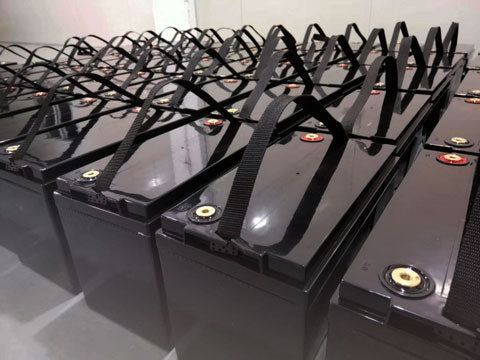
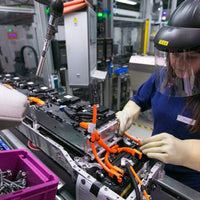
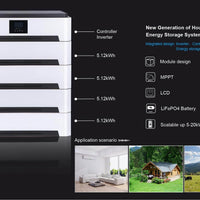
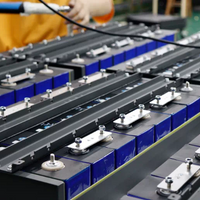
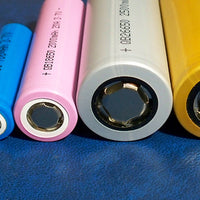
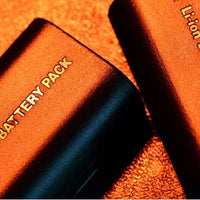
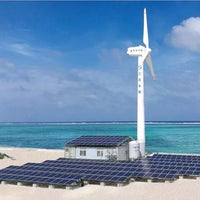
0 comments